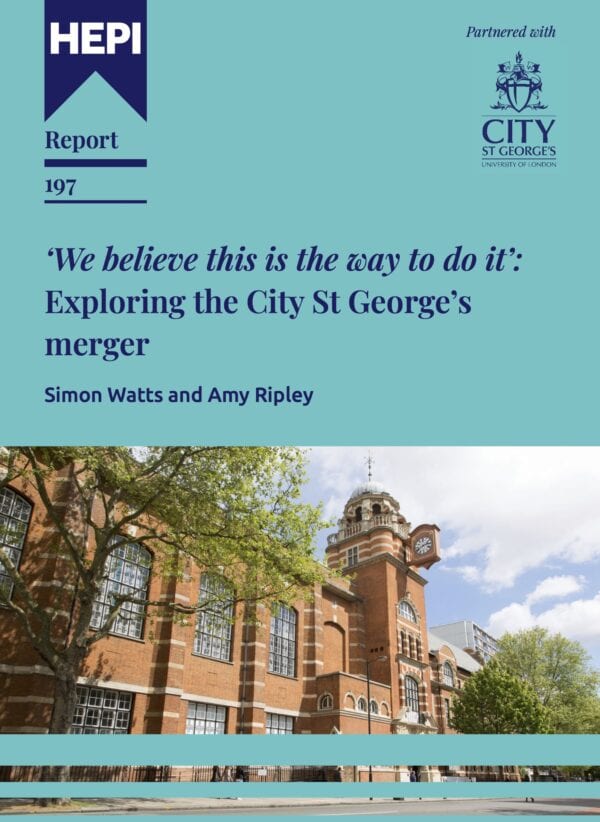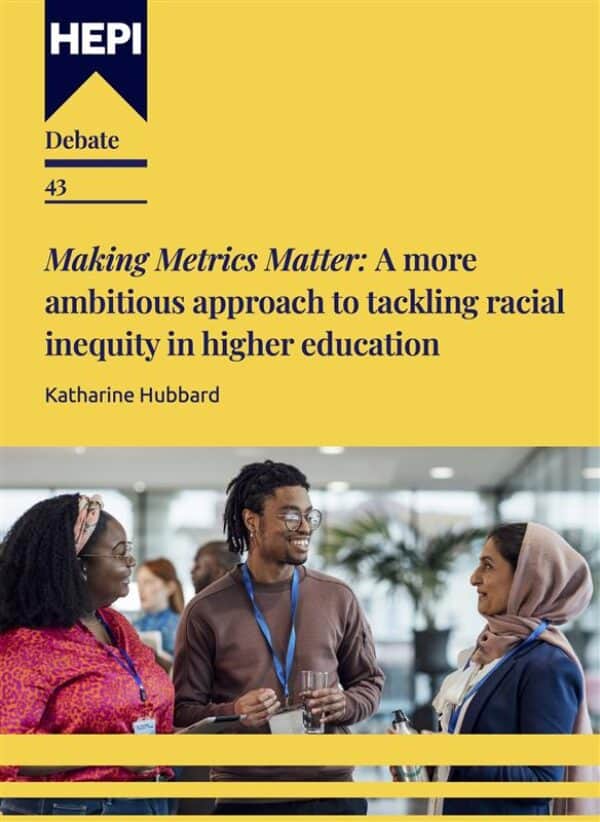Birkbeck, University of London becomes first higher education institution to adopt Fossil Free Careers
This blog was contributed by Fergus Green, Senior Climate Campaigns Coordinator at student campaigning charity People & Planet.
On 28 September 2022, Birkbeck, University of London was announced as the first UK higher education institution to end fossil fuel industry recruitment on campus. This decision, which arose from in-depth dialogue with students and staff, sets a powerful precedent for the rest of the higher education sector to follow. With students increasingly calling on their own institutions to take similar action, we may come to view this as a pivotal moment for climate action across the UK higher education system.
Birkbeck has an in-house careers service, called Birkbeck Futures, which provides advice, events, and information for current students and alumni. They help students make informed careers decisions and they advertise roles directly to students to help them find employment upon graduation.
Citing a commitment to ‘working in the best of interests of its students, environmental sustainability and wider ethical considerations’, Birkbeck Futures have implemented a comprehensive ‘Ethical Careers Policy’ that explicitly excludes the oil, gas, and mining industry from all student and graduate recruitment opportunities. In practice, this means that companies from these industries will be excluded from attending careers fairs, hosting other recruitment opportunities, from posting job opportunities on the university jobs board, and from direct advertising or sponsorships. In other words, the fossil fuel industry will no longer be welcome to recruit on campus.
Birkbeck is the first higher education institution in the UK – and to our knowledge, the world – to take this step, but it will certainly not be the last. Every higher education institution that is serious about its responsibility to mitigate the climate crisis should be taking steps, right now, to end their recruitment relationships with the fossil fuel industry.
The devastating consequences of global heating have been unfolding for some time. With every fraction of a degree that the global temperature rises, these impacts will worsen. It is the fossil fuel industry, more than any other, that is responsible for this. It is not just their extractive operations which are responsible for accelerating the climate crisis: the decades of bankrolling political lobbying against climate action, extensive misinformation campaigns and well documented suppression of dissent have all played their part in taking us to this point.
The fossil fuel industry bears enormous historic responsibility for bringing us here, to the point of crisis, and that should be reason enough for higher education institutions to cut ties with the industry. But even with all the scientific evidence that is now available, the fossil fuel industry continues to push us further into crisis. All the oil majors are sanctioning new extraction projects and looking for new fossil fuel reserves, despite even the most conservative analysis stating unequivocally that there can be no such projects if we are to stand a chance of keeping warming below 1.5C. Any responsible institution should, at this point, look to immediately distance itself from the fossil fuel industry, or at the very least start to end all material support it provides. In fact, this is a school of thought that is very well established in another part of higher education governance: investments.
Ninety-nine UK higher education institutions have begun to cut ties with the fossil fuel industry by divesting from fossil fuels. They have ended their financial stake in the fossil fuel sector, deeming it too unethical to continue investing in the industry. To formalise this, they have implemented an ‘Ethical Investments Policy’ that explicitly excludes the fossil fuel industry from their investment portfolio. Their stated investment ethics policy is clear: they believe it is unethical to invest in the fossil fuel industry, and that they no longer wish to have their name and reputation associated with the industry.
The Fossil Free Careers campaign highlights the need for consistent policy application across an institution’s operations: if fossil fuel companies make unacceptable investments, they make unacceptable recruitment partners. Higher education institutions can standardise their approach by implementing an Ethical Careers Policy that mirrors the policies used for divestment. This policy would explicitly exclude the oil, gas, and mining industry from all recruitment relationships, and would end the harmful recruitment pipeline from higher education into the industries most responsible for the climate crisis and environmental injustice.
It is important to acknowledge that industry-wide exclusions are an established part of higher education careers service policy. At present, there are 20 higher education institutions that exclude the tobacco industry from careers service activities. In total, there are 35 UK higher education institutions – a significant portion of the sector – that hold an industry-wide exclusion of some kind. Neither the idea of industry exclusions, nor the idea of breaking ties with the fossil fuel industry, is new to the sector.
What about student opportunities? For the same reason many finance managers were able to get on board with divestment, careers services need to rapidly change their approach to fossil fuel careers: the fossil fuel industry is not a safe long-term, or even medium term, economic bet. The fossil fuel industry is approaching the point of terminal decline, and these jobs do not make sense for students. Even if we just take the inadequate climate pledges that countries have already announced, modelling shows a net loss of 2.5 million jobs in the oil, gas and mining sectors. If we are to reach net-zero by 2050, that number increases to four million. There is no long-term future in oil and gas careers. We are talking about total exit from an entire industry within the working lifetime of this year’s graduates. This is not minor retraining; these companies are a dead-end industry with minimal future prospects and students know this.
These jobs are not just a risky bet for students; these recruitment links also represent an increasing risk to higher education institutions. The students entering higher education now – the school strike generation – are more climate conscious than ever before. They are more equipped than any of their predecessors to see through greenwash, they are politicised and rightfully angry at seeing their own education institutions collaborating with the industry they see as climate villains. Association with the fossil fuel industry is now a liability, an increasing reputational risk that higher education institutions must take steps to avoid, particularly at such tangible flashpoints as careers fairs where we are seeing increased confrontation with student protestors and fossil fuel recruiters coming face-to-face.
It is not hard to see the way the wind is blowing in UK higher education. The National Union of Students and the University and College Union, have both backed the call for Fossil Free Careers, and the appetite for urgent and substantial climate action is significant. Putting in place an Ethical Careers Policy that ends fossil fuel recruitment sends a clear signal that a higher education institution has its head out of the sand and firmly in the twenty-first century, where the climate crisis is here and requires bold steps to address.



Comments
Add comment